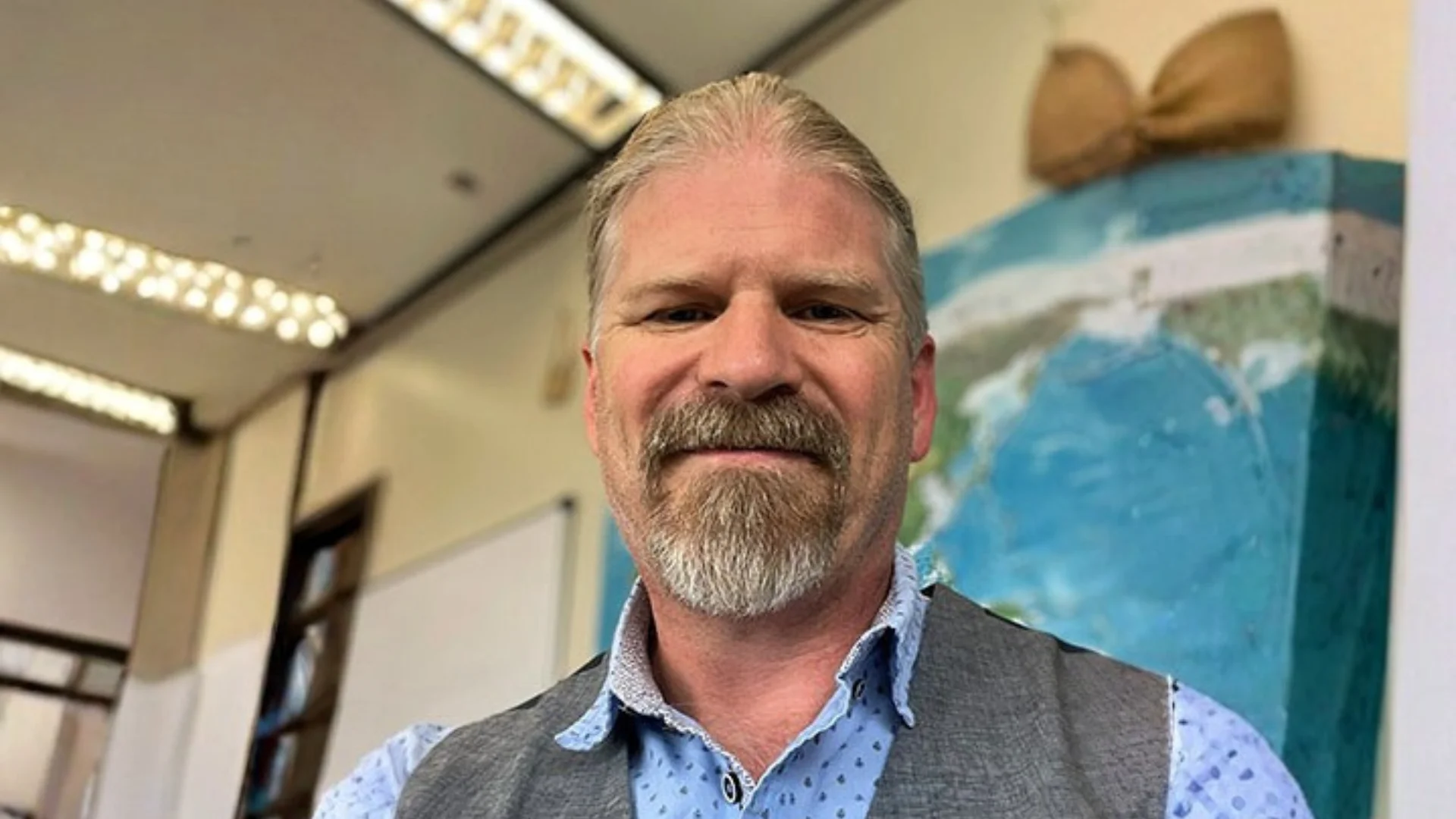Every society faces the challenge of creating an effective set of tools to address its needs. Developing these tools, whether they are simple implements or advanced technologies, requires significant investment of time and resources. Marcus Hamilton, an anthropologist at the University of Texas at San Antonio and External Professor at the Santa Fe Institute, highlights this issue by stating, "Technology is an expensive thing."
To explore how societies balance innovation with cost, Hamilton and his colleagues created a mathematical model that examines the relationship between technological complexity—the variety of tools available—and the expense involved in developing them. Their findings were published in Science Advances.
"It predicts, basically, that there should be an optimal set of solutions that you need to solve a certain number of problems," Hamilton explains. The model suggests that as toolkits become more diverse within a society, individual tools tend to become more specialized and address fewer types of problems. For example, while a simple stick can serve many purposes, a harpoon—composed of several parts—is designed for specific tasks. Hamilton notes: "As you invent a new tool, you increase your toolkit, but you have to pay by inventing another part." This means that increasing diversity in tools also raises development costs.
The research team applied their model to data from small-scale societies worldwide—groups historically reliant on farming and foraging for subsistence. They observed consistent patterns across different regions: as tool diversity increased, so did specialization and associated costs.
Looking ahead, the researchers intend to study how environmental factors influence these patterns in various geographic contexts.
Hamilton believes their approach has applications beyond anthropology and archaeology; it could also inform economic studies on technology adoption. He points out that economics often focuses on current trends but adds: "there's a whole evolutionary history of humans solving problems going on in the background."








